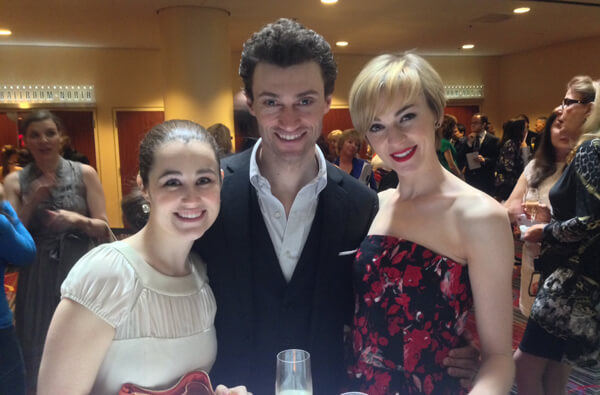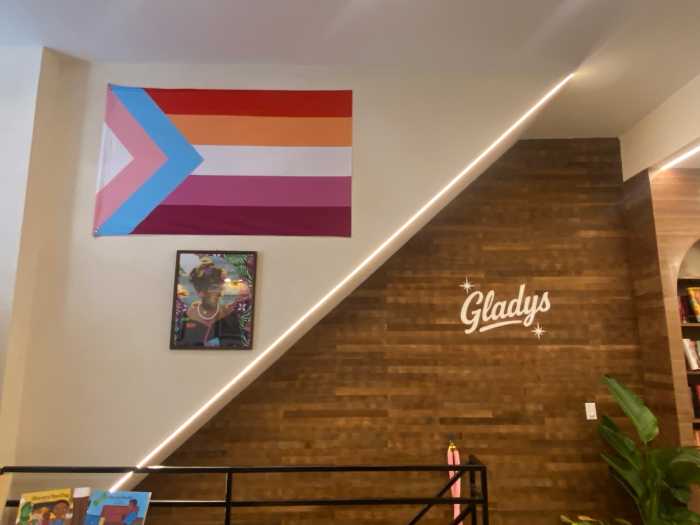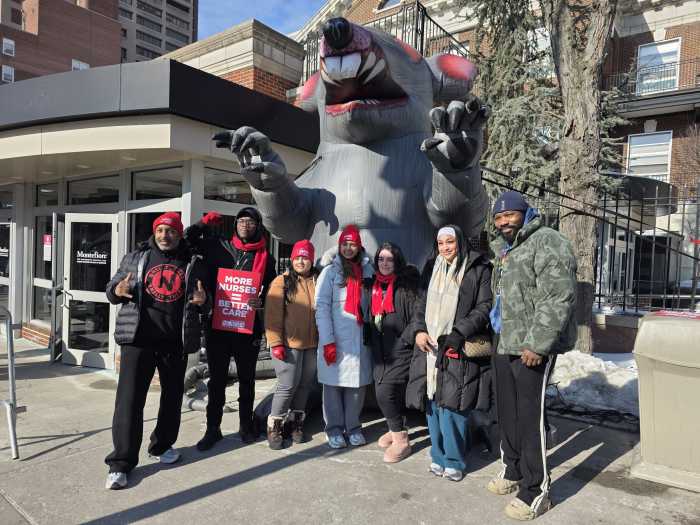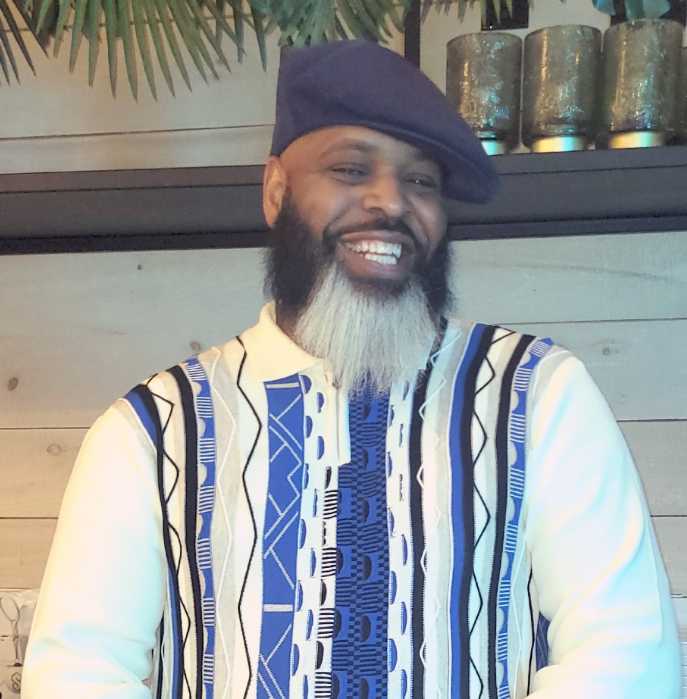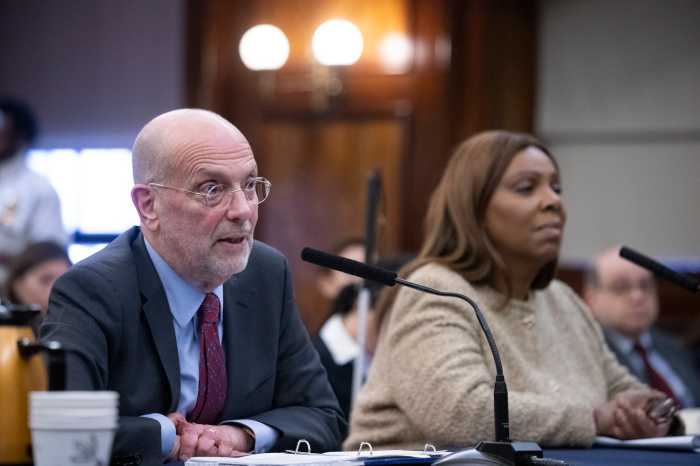Melissa Manchester, releasing her 20th album, makes her Café Carlyle debut through June 21. | RANDEE ST. NICHOLAS
BY DAVID NOH | Singer-songwriter Melissa Manchester is making her Café Carlyle debut (through June 21), and I grabbed the chance to chat with one of the artists from the 1970s who shone particularly brightly. I am forever grateful for her ravishing song “Midnight Blue,” which, on a cross-country drive from Los Angeles to New York at a period when radio music was especially inane, really saved my life.
“I’m finally going to be at the Carlyle!” she enthused. “I’ve bounced around so many different venues in New York City, which is not just my home town but my heart’s town. I’ve played the Bitter End, Radio City, Carnegie Hall, B.B. King’s last season, and finally I’m here, where years ago I saw the one and only Bobby Short. It’s nice to be invited to hunker down and play for a couple of weeks. I’ll be doing my classics, some unexpected stuff, and also I have my 20th album coming out, called “You Gotta Love the Life.”
Manchester had one of those lucky echt-New York upbringings.
Melissa Manchester sings iconic Bobby Short venue; David Burtka, Lisa O’Hare, William Ivey Long, John Cullum my “gets”
“My mother was a pioneer, one of first women to own her own manufacturing and design firm, called Ruth Manchester, Ltd. in the 1960s,” she said. “She was really the one who invented the wrap dress before Diane von Furstenburg. My father was a bassoonist for the Metropolitan Opera so my sister and I had a very interesting version of normal growing up — seeing Garland at the Palace and Merman in ‘Gypsy.’
“Everybody sang in my family to Sinatra and Garland records, and I usually sang the most unusual harmony because that’s where my ear would go. We moved to Manhattan when I was eight, and I went to the High School of Performing Arts, did theater, and then sang jingles, really squeezing it for all the juice it could offer.
“I was singing at a club called Focus, and Barry Manilow, whom I knew from singing jingles, brought Bette Midler, who was playing down the street at the Continental Baths, to see me one night. She had just done the Carson show and during my break Barry introduced us and she said she was preparing for her Carnegie Hall concert. I asked if she had any backup singers, and she took a beat and said, ‘Would you like to sing backup for me?’ I said, ‘Well, actually I would like to sing instead of you, but I’ll be happy to sing in back of you. And Barry and I created what were essentially the Harlettes. There was Gail Kanter and Merle Miller, and I was the toots in the middle — originally called the Red Light District, then MGM, and, finally, the Harlettes.
“I was a Harlette for six months and played the Continental Baths only once. There were all these beautiful men sitting in the black light with white towels over their laps and I had been assured that if they weren’t pleased with the performance they’d throw their towels. I’ll never forget walking past a vending machine that only sold KY jelly and thinking, ‘Hmm, how curious!’
“New York was so filled with adventures then you could just stumble out of bed and something wondrous would happen. Sure, hard knocks, but there were incredible opportunities and the music scene was insane. It was a time of personal discovery with gay lib and women’s lib, a very rich, fertile time of people finding their voices. That energy was so reflected on popular radio, with new artists reshaping what pop music was, whether it was Sly and the Family Stone or Laura Nyro, who was my muse, and Joni Mitchell. Lyrics with poetry and psychology you’d never heard before that didn’t diminish the brilliant popular music we were raised with that came from Broadway, like Rodgers and Hammerstein. You could palpably feel it moving forward in this beautiful way, in which you valued the strong melody even though rhythm was starting to lead the way.”
Manchester has the distinction of being the only composer to have two Oscar-nominated songs in one year, 1979’s “The Promise” and “Through the Eyes of Love,” both of which she performed on the telecast: “That was very thrilling — my first Bob Mackie gown, walking down some very high stairs with no bannister in high heels, while singing. As for my Grammy [for 1982’s “You Should Hear How She Talks About You”], Donna Summer presented it to me. I’d been nominated a couple of times before, it’s all so much larger than your own life, and there I was, winning for a disco song used in aerobics classes, and I thought, ‘My word, this is wild!’”
Manchester, who now lives in LA’s Sherman Oaks, described her songwriting process: “It’s simply the way life shows up for me. For others, it’s baking, cooking, or sewing, but it has always shown up in terms of a song form instead of poetry or journal entries. More and more, it became that other voice, so when things synthesize into an idea, I just let it rest. I know the way my mind works, I’m always sniffing around for an idea, and when I overhear somebody talking or read or hear a phrase, if I can’t shake it and it gloms onto my mind, then I pursue it. I don’t drive myself nuts with writing, but do enjoy it very much.”
Of all the countless theater award season events, my favorite is always the New Dramatists Luncheon (May 22), where stage luminaries show up faithfully to honor writers and are accessibly easy to talk to, not sequestered away in some exclusive VIP section. The big “get” for the paparazzi was Neil Patrick Harris, so when I noticed his very handsome and very talented spouse, David Burtka, whom I always admired onstage, being bypassed, I asked him if we’d ever see him in a New York play again.
“I took some time off,” he smiled, “but am ready to get back into it. I can’t be doing a show when Neil’s doing one because we have to put our kids down. One of us has to — we can’t have nannies doing that. So, when he wraps his show in August…
“I’ve been looking for a great project and am confident that something will come along. I took that time off from acting to see if that’s what I really want to do, and, yes, it’s exactly what I want to do. I became a chef, designed a clothing line for kids, and was in the hosting world for a while, so I wasn’t totally off the map.”
Burtka made strong impressions in Edward Albee’s “The Play About the Baby” and “Gypsy,” as Tulsa, even though Ben Brantley didn’t even mention him in his Times review: “Ha ha! Yes, it was all about Bernadette [Peters], and thank God. She works so hard and what she did with that role was incredible.
“I’m from Detroit originally, along with all these other actor friends who were in a big group called the Peanut Butter Players: Erin Dilly, Randy Becker, Danny Gurwin. Sutton Foster was my first kiss, and I’ve known Celia Keenan-Bolger since she was seven.
“‘The Play About the Baby’ was my first big break. I was doing commercials at the time and they asked me if I wanted to audition for a play. I worked on a monologue and didn’t know Albee was in the room, nailed my monologue, and got it the next day. Albee liked me and it was fun working with him, when he directed the Alley Theater production of it. As for the nudity, it wasn’t really that daunting to do it. I was so into the part. And I do my best work naked, you know!”
Lisa O'Hare (r.) with fellow cast members Lauren Worsham and Bryce Pinkham at the New Dramatists Luncheon. | DAVID NOH
I encountered the luminous Lisa O’Hare from “A Gentleman’s Guide to Love and Murder,” who told me she didn’t watch its famous British film version, “Kind Hearts and Coronets.
“Joan Greenwood’s performance, I know, is so specific that I knew if I watched it, it would be become a part of my performance,” O’Hare told me. “Now that our performances are solidified, I will probably watch it now. I did read the novel, and my fabulous character is so beautifully described there. I’ve been working on this show for five years, through the productions in Hartford and San Diego. Its been a long journey, but I fell in love with this character, and I’m so grateful that I stuck with the show and they stuck with me!”
I had to ask William Ivey Long about putting Michelle Williams in mostly underwear as Sally Bowles in “Cabaret”: “This revival is a similar template to what we did before, but we have reconfigured it. She’s a quirky gal! I always thought she was the original flea market shopper back then. She always wanted to be provocative and those ‘20s flapper dresses are pretty nearly like slips on a good day, so she just took it another step –– and it’s in the script that she wants to shock. I totally re-imagined her and Linda Emond and Danny Burstein.
“I’m happy to be Tony-nominated for ‘Bullets Over Broadway,’ which I loved working on. I’m glad you couldn’t see any budgetary constraints in our work because you better believe they are always there! It’s all about making things that survive eight shows a week for a year, and then I hold my breath all year.”
Long expressed regret that this year his traditional Tony escort would not be with him, as costume designer Willa Kim, who in frail health at almost 97, has moved to Seattle.
“It’s the first time in 20s years, and I will miss her so. I don’t know who else to ask, so I may just go alone. She is such an inspiration, and I’ve always been a firm believer in hanging with one’s betters.”
Coming up for Long is the Metropolitan Opera’s “The Merry Widow” –– with Renee Fleming and Kelli O’Hara, directed by Susan Stroman (this year’s New Dramatists’ honoree), and set in 1901, with the Eiffel Tower as general inspiration –– and the revival of “On the Twentieth Century,” with Kristin Chenoweth.
For me, the stand-out performance in “Casa Valentina” is that of John Cullum, whom I never dreamed could be not only so convincing but so absolutely endearing as an elderly transvestite.
“She’s not Charlie from ‘Shenandoah,’ he chuckled, “but she has her own qualities that I am enjoying, I must say. It was a little disconcerting when I get ready to go onstage and see myself, but I’m beginning to fall in love with her. All I told the costume designer was to try to make me skinny, but they can’t do that! They put me in a girdle, falsies, and a bra. I like my wig –– I look a great deal like my own mother and people who know my relatives say I look like my sister so I’m flattered by that.
“The thing about the guys in this play is that they’re all guys, married with families, with one homosexual in the group that becomes the crux of the story. We have all done a lot of research on these real life characters but it’s not that so much that as getting to know these people and their interaction of conflict. These transvestites get very upset if people call them homosexual, and I have a wonderful speech that defends the homosexual.
“I did three readings of this play and people changed as we went along and Harvey Fierstein was working on the script, but once I got my teeth into I didn’t think anybody was gonna take it away from me. I’ve known Harvey since we were both young and working down on Fourth Street. I always thought of him as a drag queen but he’s much more, a wonderful writer, a theater man whose instincts are so good. It’s been a joy to watch it come together, a complicated, difficult show. I’ve never denied to Harvey that it makes me uncomfortable to do the show, not so much because of the drag but there’s a lot of tension between people who love one another and are narcissistic, too.
“The role I play is not very long but you have to stay on your toes. If it were Shakespeare, you can learn huge speeches and they stick with you, but Harvey’s writing is so complicated and modern with a lot of tension and you have to be in it all the time, so it does take a lot out of you.”
As for the revival of “On the Twentieth Century,” Cullum, who originated the lead of Oscar Jaffe, said, “How about that? More power to them. It’s a tough show and whoever plays my part has their work cut out for them. You have wonderful numbers but they’re very difficult to make work. And who are they gonna get to play Kevin Kline’s part? He brought such physical presence, climbing the walls, literally. I had to suck in air just to stay on an even keel with him. But it was a lot of fun to do that show and it should be done, wonderful music with lots of depth and dimension.”
Contact Noh at Inthenoh@aol.com, follow him on Twitter @in_the_noh, and check out his blog at http://nohway.wordpress.com/.

